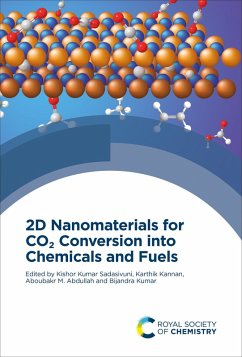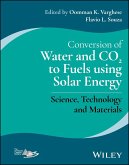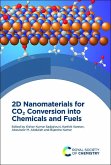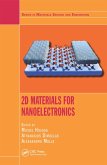Since the discovery of graphene, two-dimensional nanomaterials including Transition metal dichalcogenides (TMDCs), Hexagonal Boron Nitride (hBN), non-layered compounds, black phosphorous, and Xenes with large lateral dimensions, have emerged as promising candidates for heterogenous electrocatalysis owing to their exceptional physical, chemical, and electronic properties. The tremendous opportunities of using 2D nanomaterials in electrochemical CO2 reduction arises from their unique properties and vast number of applications. Covering the fundamentals, properties, and applications, all aspects of 2D nanomaterial composites within carbon dioxide conversion are discussed. The industrial scale-up and new challenges that exist in the field of electrochemical reduction of carbon dioxide will also be presented. With chapters written by internationally recognized researchers, this state-of-the-art overview will serve the growing interest amongst academic and industrial researchers in understanding 2D nanomaterials composites, their hidden interfaces and nanoscale dispersion of the metal oxide with nanocomposites for specific uses in carbon dioxide conversion to chemicals for fuel applications. This book will be of interest to graduate students and researchers in materials science, energy, and environmental science, as well as those in industry.
Dieser Download kann aus rechtlichen Gründen nur mit Rechnungsadresse in A, D ausgeliefert werden.









